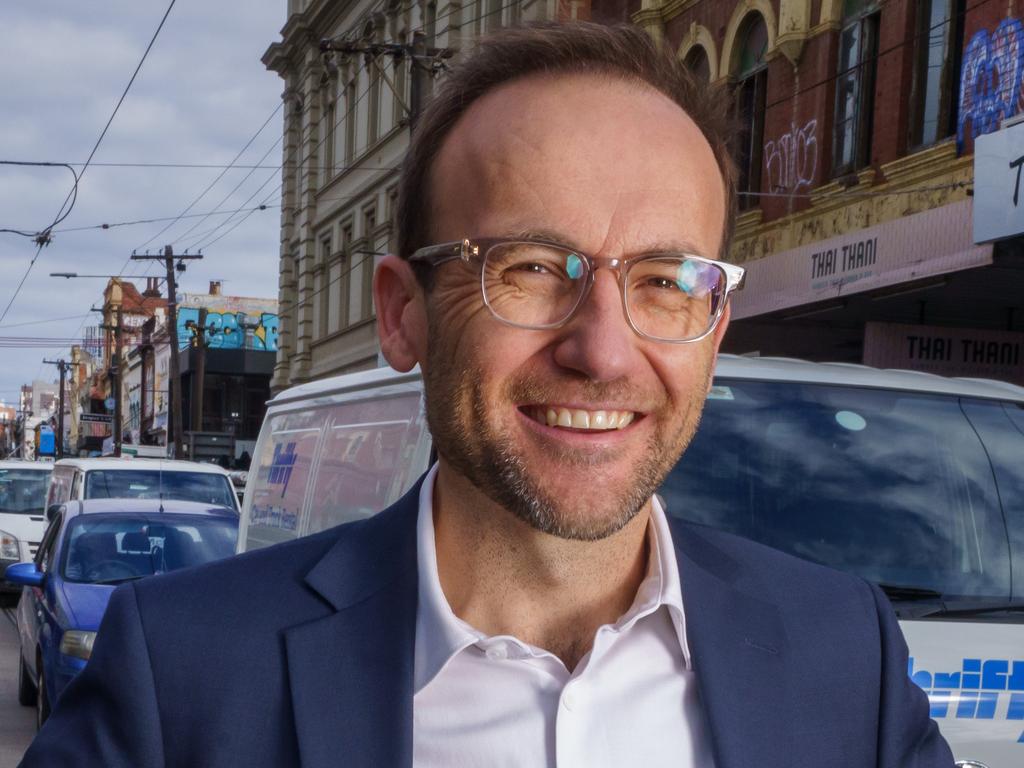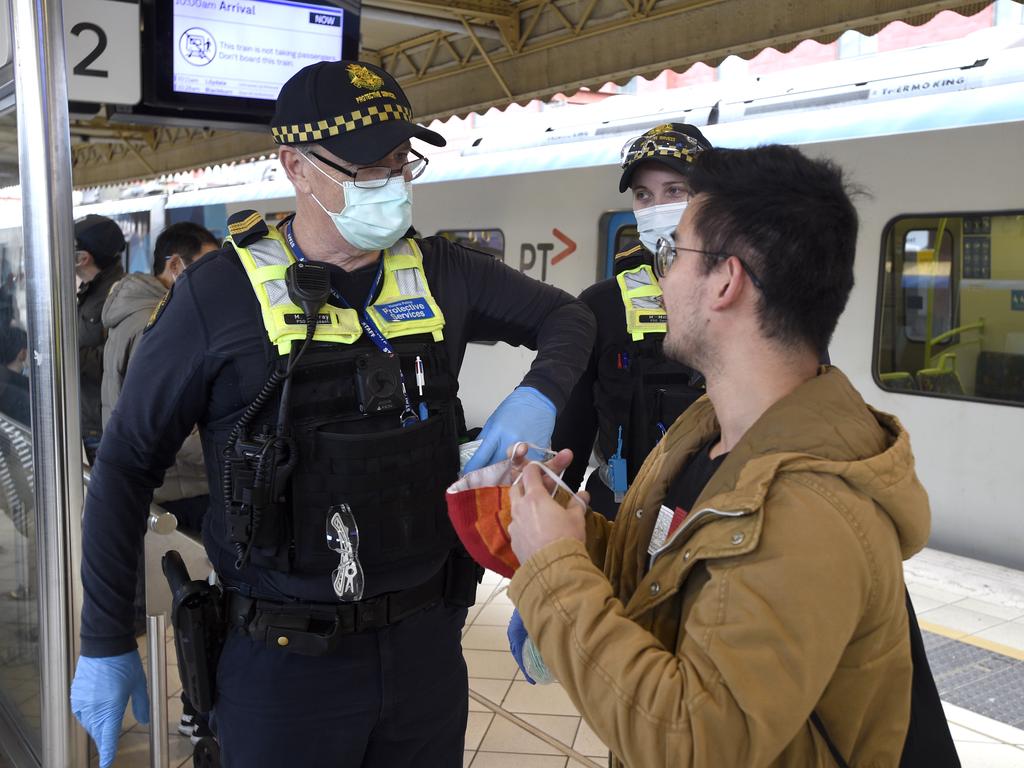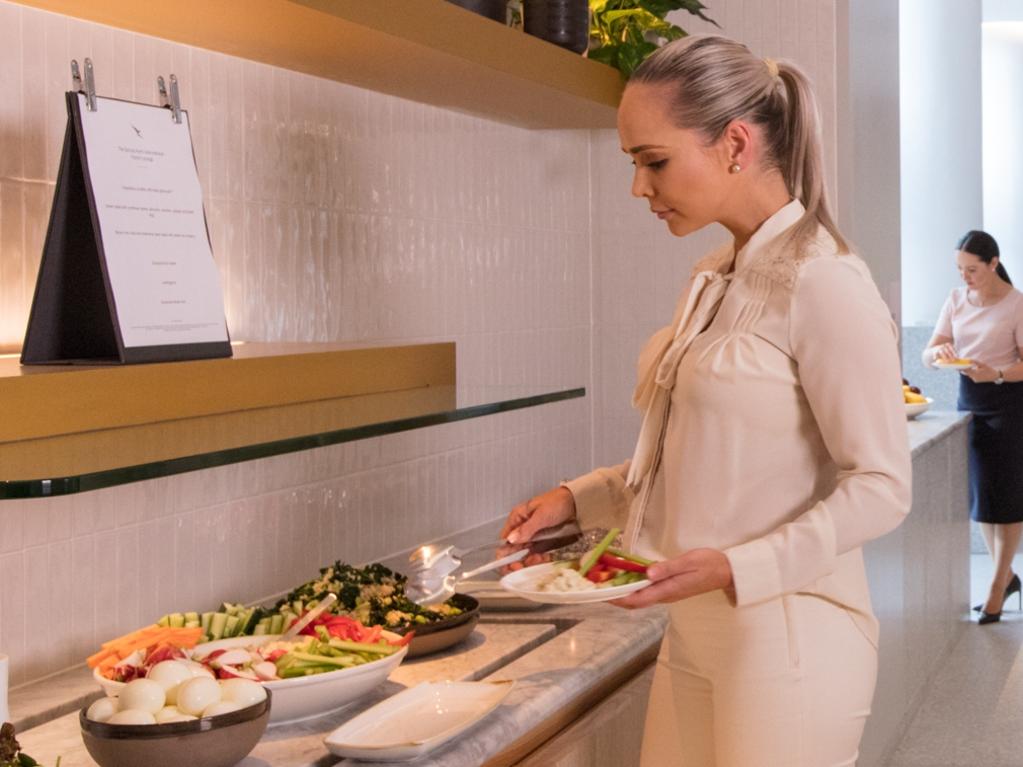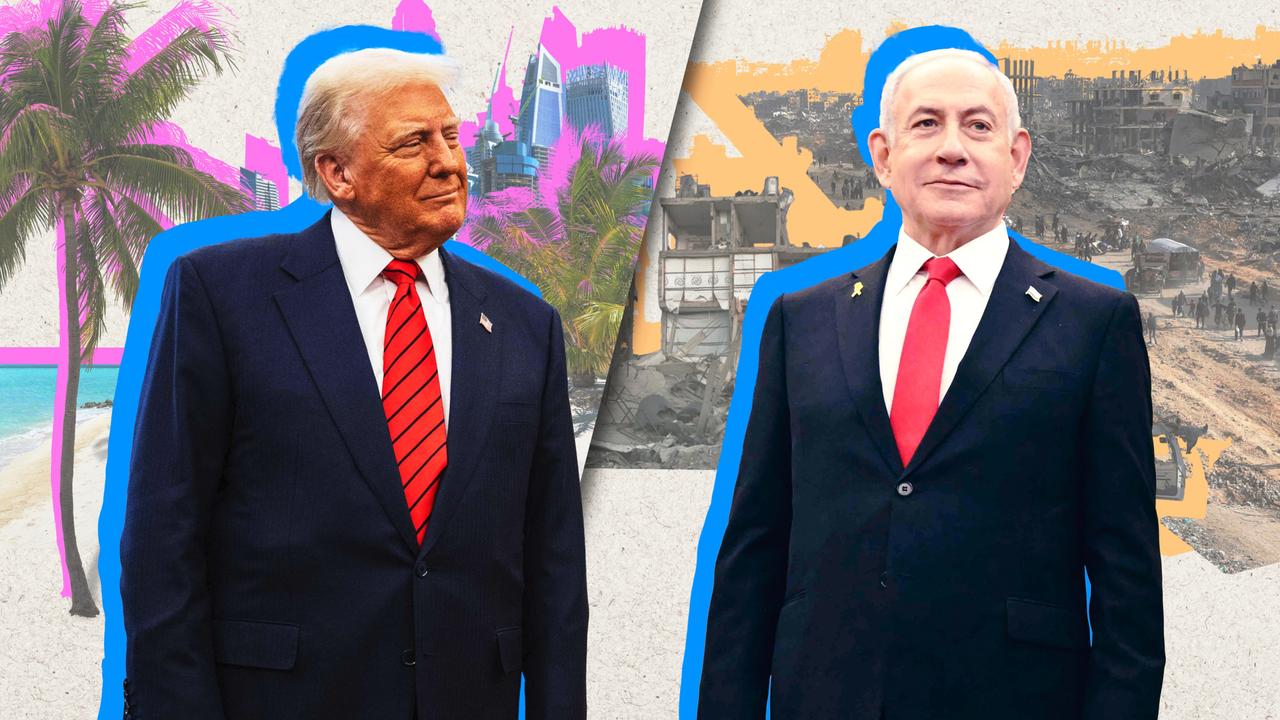Doctors back travel exemption after jab
Exempting vaccinated people from interstate travel restrictions will boost Covid-19 jab rates, doctors say.
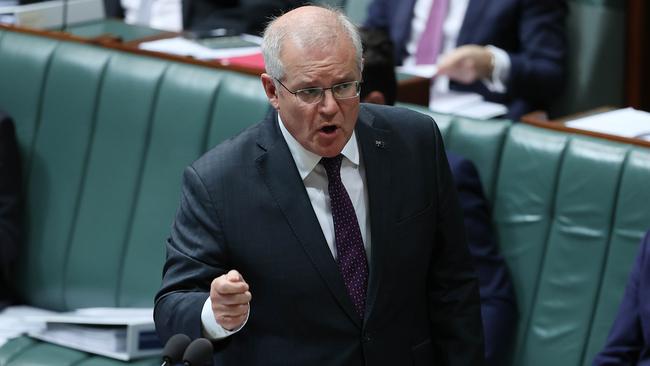
Doctors say exempting people vaccinated against Covid-19 from interstate travel restrictions, a proposal to be taken by Scott Morrison to national cabinet next week, will encourage young people in particular to be immunised.
Despite the plan splitting the national cabinet, the Coalition backbench and business groups, Australian Medical Association president Omar Khorshid said the “important thing is giving Australians a good reason to get vaccinated – and recognising that if you have been vaccinated, the chances of you contracting the disease is dramatically reduced, and of giving it to someone else is dramatically reduced”.
“Particularly young Australians who don’t feel vulnerable to Covid; it might be just the thing to give them a reason to go and get the vaccine,” Dr Khorshid said.
His comments came as Victorian health authorities warned the cluster of Covid-19 cases in Melbourne’s north could grow. Of particular concern was a swimming school in Bundoora and the Highpoint Shopping Centre in Maribyrnong visited by one case – sending thousands of Melburnians into quarantine.
The new Melbourne cases – four people from the same family across two households – are not directly linked to other clusters, but health authorities suspect they may be connected to a man in his 30s who returned three weeks ago from Adelaide.
While vaccine hesitancy among 50- to 69-year-olds is of concern to the federal government, South Australian Premier Steven Marshall on Monday said his state would become the first to offer Covid-19 immunisation to children. Under-18s in regional SA areas will be eligible for the Pfizer jab from Tuesday in a bid to accelerate the vaccine rollout.
Australia’s chief medical officer Paul Kelly conceded national cabinet and the country’s top health experts needed to look for “as many incentives as we can” to get people vaccinated, saying the freedom to travel interstate, merchandise and even cash lotteries were “potentially on the table”.
“The main incentive is the one I have mentioned many times: it’s about protecting your own health, not sitting there waiting for an outbreak, because once an outbreak is here, if it comes, it will be very difficult for us to roll out masses and masses of vaccines quickly,” he said.
Professor Kelly wrote to every doctor over the weekend clarifying that “almost anyone over the age of 50” can have the AstraZeneca vaccine. It followed advice from both Australian and New Zealand expert immunisation groups that said the very rare blood-clotting disorder linked to the vaccine affected an even smaller group of people with certain conditions than first thought.
More than 500,000 vaccines were administered nationwide last week. The total number of doses has now passed 3.6 million.
The proposal to be discussed at national cabinet next Friday, which the federal government is being careful not to call a domestic vaccine passport, is opposed by state leaders including NSW Premier Gladys Berejiklian.
The Prime Minister said he was “not at all” talking about a passport but a suggestion first put to him by Dr Khorshid.
Dr Khorshid told The Australian: “I’m not terribly interested in the semantics of whether it’s a passport or not.”
However, he agreed that fairness could be an issue. “Young Australians haven’t had a chance to be vaccinated yet,” he said. “It could be seen as not fair to allow people who have been vaccinated freedom of travel where other people who haven’t had a chance to be vaccinated can’t.”
Ms Berejiklian, who has criticised other states for closing their borders to interstate travellers, said it was too early to weigh in on whether venues might be allowed to open their doors only to vaccinated Australians.
The Prime Minister said an exemption from restrictions for vaccinated people would be particularly good for Australians living in border communities.
But Labor leader Anthony Albanese rubbished the idea of a domestic vaccine passport as a “thought bubble”, while independent MP Helen Haines, whose electorate of Indi takes in the Victorian border town Wodonga, said her constituents were “alarmed” by the measure. “Such a passport would impose extraordinary hardship on our community once again,” she said.
Victorian Liberal MP Katie Allen and NSW senator Hollie Hughes were opposed to “passports” but supported exemptions from permit entry systems if premiers continued to shut borders.
NSW Liberal MP Jason Falinski said the measure should be unnecessary, but he indicated he would back it “if the states will not behave sensibly”.
Former Nationals leader Barnaby Joyce was scathing of the need to prove vaccination in order to gain free travel around Australia.
“I can understand a private business saying ‘I want to see some proof you’re vaccinated’, I can understand a public institution where people have comorbidities and are therefore at risk wanting to have assurance you’re vaccinated,” Mr Joyce said.
“But just a general mandate of ‘we’re going to classify people as having been vaccinated and not being vaccinated and making it pertinent to travel’, no I don’t agree with that. Where do you stop? Why not have a passport for measles, mumps and tetanus shots?”
Home Affairs secretary Mike Pezzullo told Senate estimates on Monday that work was underway on the government’s new digital passenger declaration, which would support the reopening of Australia’s international border in mid-2022 and include a person’s travel, health and vaccine status.
“At the appropriate time, subject to public health advice, this could support Australians’ ability to travel without the need for 14-days quarantine on return,” Mr Pezzullo said.
Consumers Health Forum chief executive Leanne Wells, who advocates on behalf of patients, said she understood the need for proof of vaccination for international travel but warned restricting movement domestically could be seen as a “no jab, no travel” policy and a move away from voluntary immunisation.
“What is needed is a comprehensive, high-impact public health education campaign about the benefits of vaccination, with a focus on people who are hesitant,” she said.
ADDITIONAL REPORTING: BEN PACKHAM, RACHEL BAXENDALE



